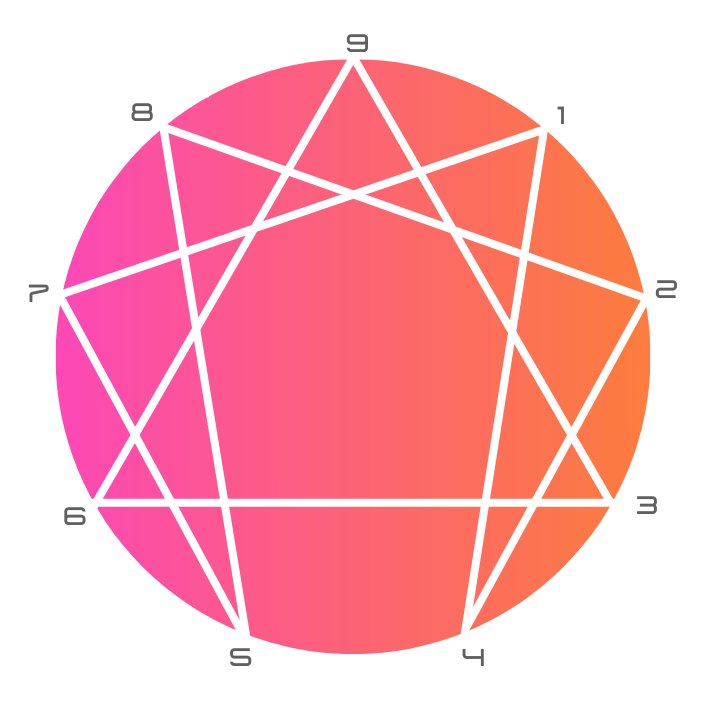If you aspire to free yourself from ingrained habits, the Enneagram can shed light on:
- Your current situation: Better understand where you stand and the patterns that hold you back.
- Your hidden potential: Discover underlying talents and strengths that can transform your life.
- The paths to achieve this: Identify practical and sustainable strategies to evolve toward a more fulfilling way of life.
Indeed, I affirm that on my growth journey, the Enneagram has been the key resource that allowed me to effectively break free from my automatic mode.
By integrating this transformative approach, you will not only improve your understanding of yourself but also unlock a future full of possibilities.



